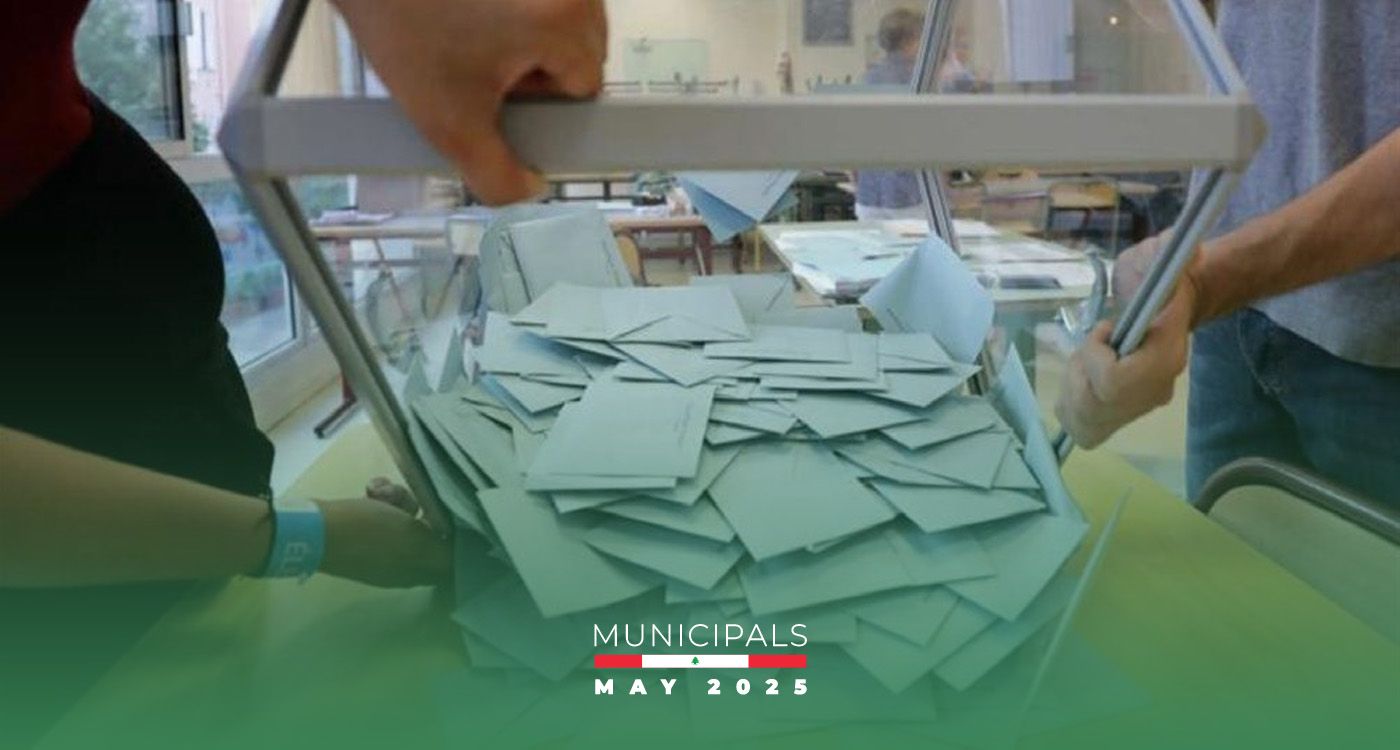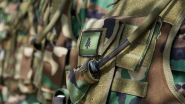
Preliminary, unofficial results from municipal elections in southern Lebanon and Nabatieh suggest a fragmented political landscape, with each major bloc securing strongholds in different areas.
Lists backed by the Amal-Hezbollah alliance are reported to have scored victories in the cities of Tyre and Nabatieh. In Jezzine, candidates supported by the Free Patriotic Movement appear to have swept all seats, while the Lebanese Forces–backed list claimed a win in Jdeidet Marjeyoun, and in 16 villages in the caza of Jezzine. In this district, a second round of the political battle between the LF and the FPM is expected. It will be focusing on control of the regional municipal federation.
In Saida, a list aligned with the Future Movement was leading significantly by late Saturday evening, ahead of competing lists, including one backed by Jamaa Islamiya.
The election results could hold some significant surprises—if confirmed. In Kfar Tebnite, a Hezbollah stronghold that suffered heavy damage during the war with Israel, two independent candidates appear to have broken through the party’s list. The same scenario seems to be unfolding in Kfar Remmnane. Both towns are located in the Nabatieh district.
These results, based on figures released by the political parties’ own electoral teams, are expected to be officially confirmed by the Interior Ministry today, Sunday.
Polls closed on Saturday in the Southern Lebanon and Nabatiyeh mohafazats, concluding the final round of municipal elections across the country. However, voter turnout was notably low across most districts, compared mainly to 2016, according to figures released by the Ministry of Interior.
At the close of the polls, voter turnout by district was reported as follows by the Ministry of Interior:
Saida: 43.35%
Tyre: 39.14%
Jezzine: 42.67%
Nabatieh: 43.45%
Hasbaya: 36.04%
Marjeyoun: 31.58%
Bint Jbeil: 28.01%
In addition to the subdued turnout, the Ministry of Interior reported receiving 177 complaints related to the electoral process through its designated hotline. The nature of the complaints has not yet been detailed.
Despite some challenges, Prime Minister Nawaf Salam praised the smooth conduct of the municipal elections during a statement he made Saturday evening upon arriving at the Ministry of Interior to oversee the vote count.
“We promised that the elections would be held on schedule, and we kept that promise. The Interior Ministry was exceptionally well-prepared,” he noted.
However, Salam acknowledged that the electoral process had been marred by “mistakes,” particularly in the northern regions of the country.
“No one can deny the errors that occurred, especially during the elections in the north, and we’ve learned valuable lessons from them,” he said. He did not elaborate further but emphasized the government’s commitment to improving future electoral processes.
The Prime Minister also announced that preparations for the upcoming parliamentary elections—scheduled for next year—will begin soon.
On another note, Salam reaffirmed the government’s ongoing efforts to secure the release of Lebanese detainees held by Tel Aviv and to push for a full Israeli withdrawal from all occupied points along the border.
He voiced deep skepticism toward the Israeli government: “No matter what guarantees we are given, we cannot trust them. We thank God that the elections were held without any escalation from Israel.”
He concluded by highlighting continued efforts to mobilize resources for the reconstruction of southern Lebanon: “We are working with the World Bank and international donors to secure the necessary support, and we remain in active discussions with friendly nations to increase aid.”



Comments